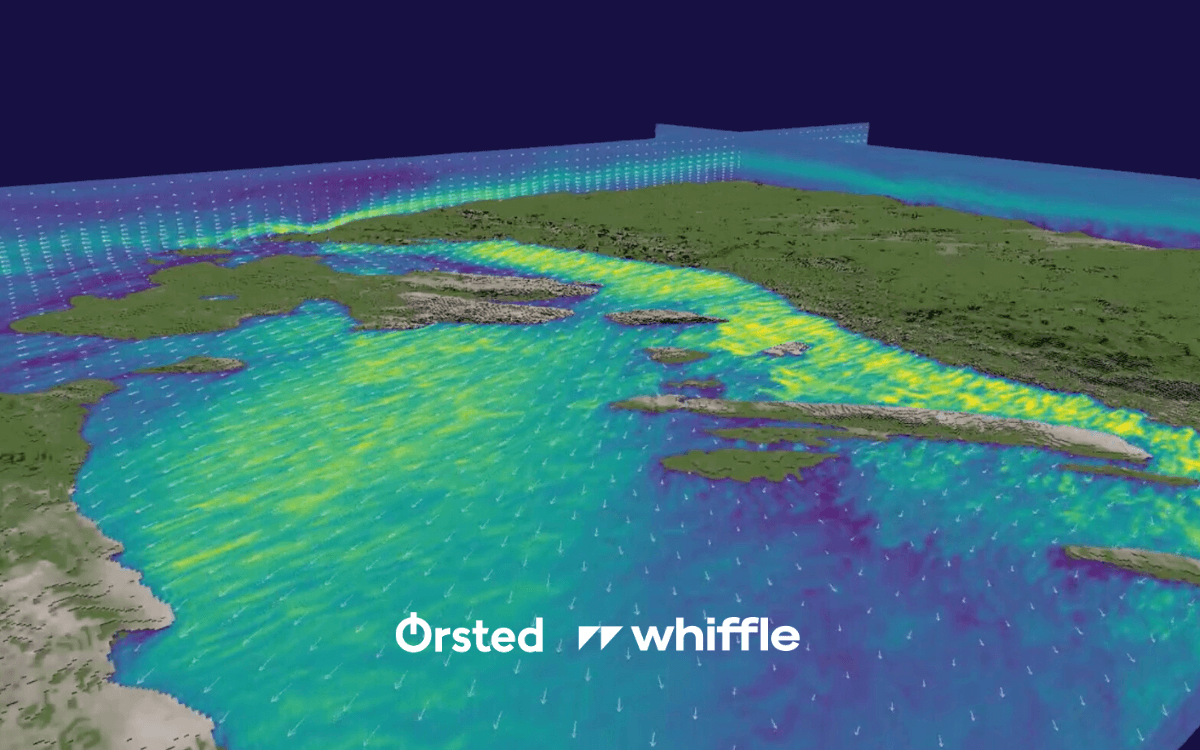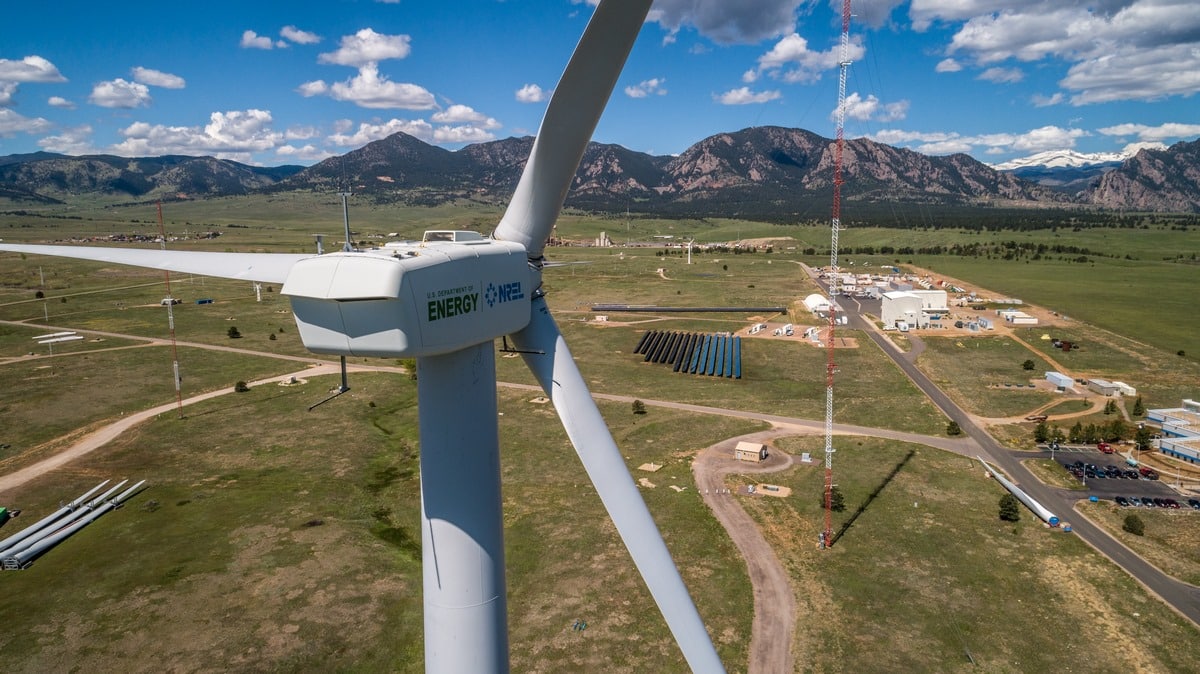
Whiffle has entered a joint development agreement with Ørsted, with the aim of enhancing the accuracy of onshore wind flow modeling by tackling the challenges posed by wind behavior in complex sites.
Forested and mountainous regions are among the most difficult environments for accurate wind flow modeling due to the strong spatial variability in tree height, canopy density, and terrain features, says the company. It adds that these factors create turbulent wind patterns and significant reductions in wind speeds, which traditional wind modeling tools may fail to accurately capture.
The agreement between Whiffle and Ørsted will drive improvements in the Large Eddy Simulation model by integrating detailed terrain and vegetation data, so that wind simulations are more accurate and reliable in challenging onshore environments. The focus will be on refining the model to align with Ørsted’s operational needs.
“At Ørsted, we continuously strive to improve our wind resource assessment through various initiatives,” says Andrew Davidson, senior energy analyst at Ørsted.
“With wind being the very foundation for wind farm revenue, accurately predicting the available wind resource is crucial for developing a wind farm and building its business case. By partnering with Whiffle to enhance their Large Eddy Simulation model for onshore sites, where complex topography and forestry often present challenges, we aim to deliver commercial benefits for our onshore projects.”







